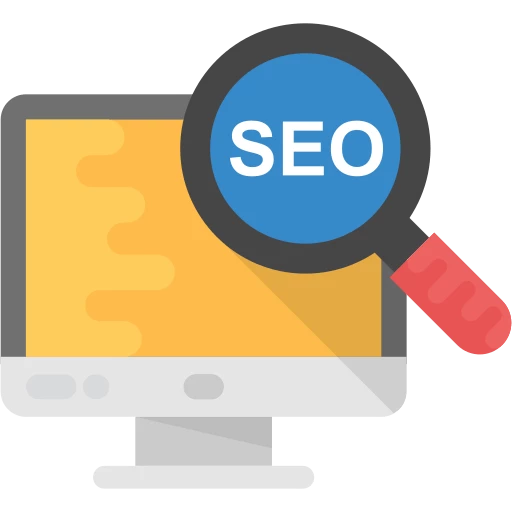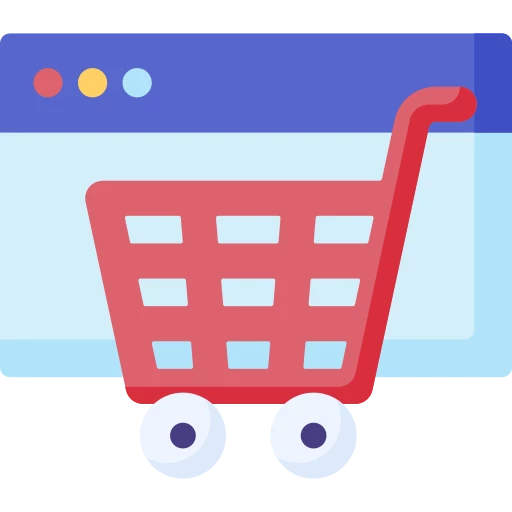I’m a big fan of Google products. I use Gmail, Chrome, and Docs all the time. But when it comes to Google Maps, I have something of an issue with the company: its Local Guides program. Local Guides is supposed to be a community-powered initiative that lets users help each other find restaurants and other businesses by reviewing them on Google Maps. The problem is that this seemingly good idea has turned into something else entirely, and reviews are now being influenced by people who aren’t actually customers of those businesses.
Let’s talk about the local guides program.
The local guides program is a free service offered by Google that allows users to create, edit and share content about places they’ve visited. The more you do this, the higher your “level” goes–the highest level being Level 5.
Google says that it uses this information to provide better search results for its users (and presumably sell more ads). The company also says that it wants to reward those who contribute their time and energy into making maps better by giving them access to some exclusive features like early access to beta apps or special offers on devices like smartphones or watches made by Google itself.*
In order for businesses owners/managers (or anyone else) who want their locations included in Google Maps’ database of places worthy of inclusion (*cough* advertising dollars), they must first apply via their website . Once approved as part of this program, members receive emails from time-to-time asking them how happy they are with their experience thus far; answering these surveys helps keep businesses’ profiles up-to-date so customers know where exactly those places exist before searching for them online.*
The premise of the program is simple.
The premise of the program is simple: Google wants to help local businesses create more positive reviews, and they’re doing so in an effort to help those businesses succeed. So far, it sounds like a win-win situation for everyone involved.
Google has been working hard on this project since at least 2017 when they first announced it at their annual I/O developer conference (a place where they tend to announce new projects). In 2018, they launched Local Guides Beta in six cities across three countries–the United States (San Francisco), Japan (Tokyo), and Brazil (Sao Paulo). The goal was to test out different ways that users could contribute content about places around them while earning points along the way that could be redeemed for free products or services from local businesses like free meals at restaurants or discounted hotel stays at hotels near where you live.*
Problems with Google Local Guides
While I believe that Google is a company that has the best interests of consumers in mind, I also think it’s important to be transparent about how they operate. It’s not enough for businesses and consumers to trust that they are being treated fairly; they should know what is going on behind the scenes.
The local guides program needs to be more transparent so people can see exactly what kind of information is being shared about them, who is doing it and why. It should also allow businesses access to this data so they can make sure their reputations are protected from negative comments or reviews by customers who may have had an issue with their product or service. Finally, there needs to be some accountability built into this system — otherwise it could become nothing more than another way for people with vendettas against others (such as competitors) from getting away with slanderous comments without consequence
This isn’t a problem for consumers, but it’s a big problem for businesses.
But what about the businesses? For them, it’s a problem.
The local guides program is actually a major source of unfair competition for local businesses. The reason why is because Google allows people who are not even customers of any business to write reviews for them on their platform, which means that anyone can see these reviews when they search for something related to that business and make an informed decision based on those reviews. This gives the impression that consumers are getting unbiased information from actual customers when really they’re getting biased information from non-customers who may have never even stepped foot inside your store or restaurant!
Local Guides seem to be using their influence to favor one business over another.
We understand that local guides want to help their communities and businesses. We also believe that they should be able to do so without being influenced by the power of their rating.
We’ve seen instances where Local Guides have used their influence in ways that harm small businesses, while benefiting larger corporations. For example:
- Local Guides can edit reviews on Google Maps listings. This means if you own a small business and someone leaves a negative review about your company, that person can change it–even if they aren’t an employee of yours or even an actual customer!
- Local Guides can remove reviews from Google Maps listings after they’ve been posted for some time (usually within 24 hours). In our experience, this happens often when competitors are involved in the review process; sometimes even after only one day since posting!
You can see it in their reviews, you can see it in their edits, and you can see it in their ratings.
You can see it in their reviews, you can see it in their edits, and you can see it in their ratings.
- Reviews are an important part of the consumer decision-making process. If a business has active Local Guides who care about their community and have positive things to say about them, that’s great news for that business! They’ll have better reviews than if they don’t have active local guides posting positive things about them on Google Maps or Google Search results pages (SERPs). Unfortunately this isn’t always the case though; some businesses don’t seem to get any love from reviewers at all–even though they may deserve it! This is because there are some shady tactics going on behind closed doors…
- You may be thinking: “How do I know if someone has been editing my review? What should I do if someone has changed mine?” Well luckily we’ve got answers for both questions right here!
This creates an unfair advantage for those businesses with the most active members of the local guide community, who have a clear incentive to post positive reviews and edit negative ones away from view.
The problem is that this creates an unfair advantage for those businesses with the most active members of the local guide community, who have a clear incentive to post positive reviews and edit negative ones away from view. This can create situations where one business gets preferential treatment over another based on how many active local guides they have in their community.
This is not only unfair to consumers who want accurate information about businesses; it’s also bad for Google Maps itself because it incentivizes spammy behavior that hurts users’ experiences and erodes trust in the platform overall.
Google’s local guides program is destroying its business reputation
Google’s local guides program is destroying its business reputation.
Google has a long history of making decisions that seem beneficial for users, but are actually harmful to businesses and consumers. From the early days of Google Maps, when they removed traffic data from their maps and replaced it with their own proprietary traffic information (which turned out to be inaccurate), to more recent decisions like removing reviews from their search results or adding ads into Gmail messages–the list goes on and on.
The latest example of this is Google’s Local Guides program which incentivizes users through points and badges in order for them to complete tasks such as taking photos at businesses or uploading reviews about those businesses. This seems like a great idea on paper because it will increase engagement with local businesses by making them appear higher up in search results when someone searches for something nearby; however, there are several problems with this approach:
Reviewing is a huge time commitment
Reviewing a business takes time. You have to be able to spend hours on your phone, in the location of that business, with a good internet connection and camera. If you’re like me and have other responsibilities (like work), this can be difficult to do consistently.
Questions without answers
- Is Google’s Local Guides program a good idea?
- Does it benefit consumers?
- Does it benefit businesses?
These are the questions that need answering, but they can’t be answered because Google has not made its data available to researchers and journalists.
Conclusion
Google’s local guides program is a disaster for businesses and consumers alike. It incentivizes the wrong behavior from its users and gives them far more power than they should have. It’s time for Google to rethink this program before it does any more damage to their reputation as an unbiased source of information.





 Search Engine Optimization
Search Engine Optimization Pay Per Click (PPC)
Pay Per Click (PPC) Web Development
Web Development Mobile App Consulting
Mobile App Consulting eCommerce Consulting
eCommerce Consulting